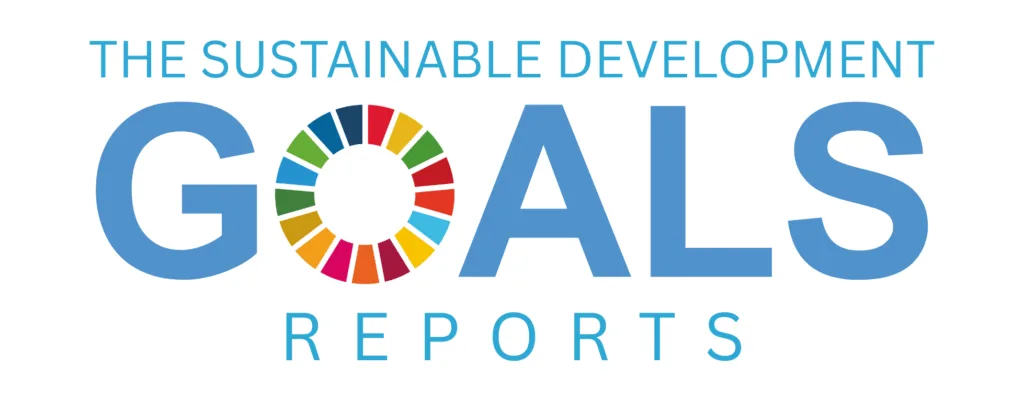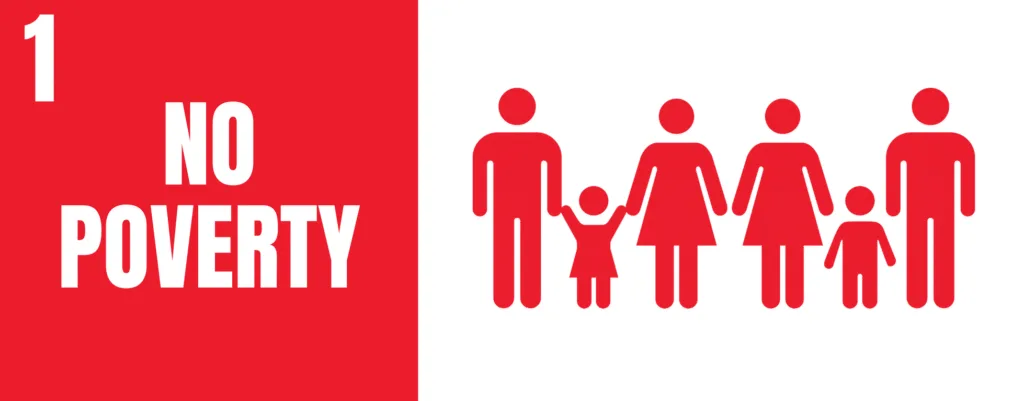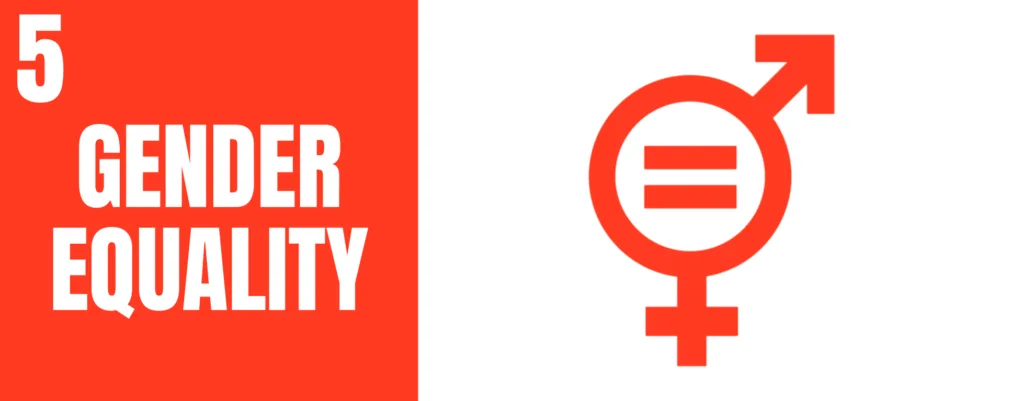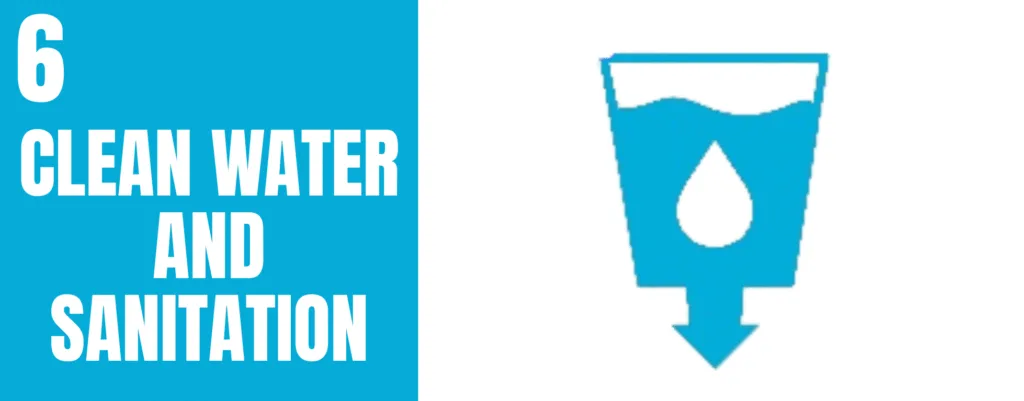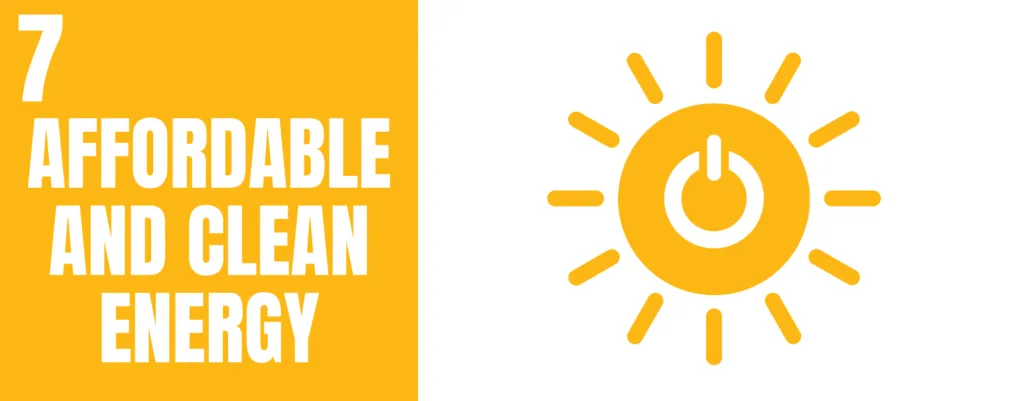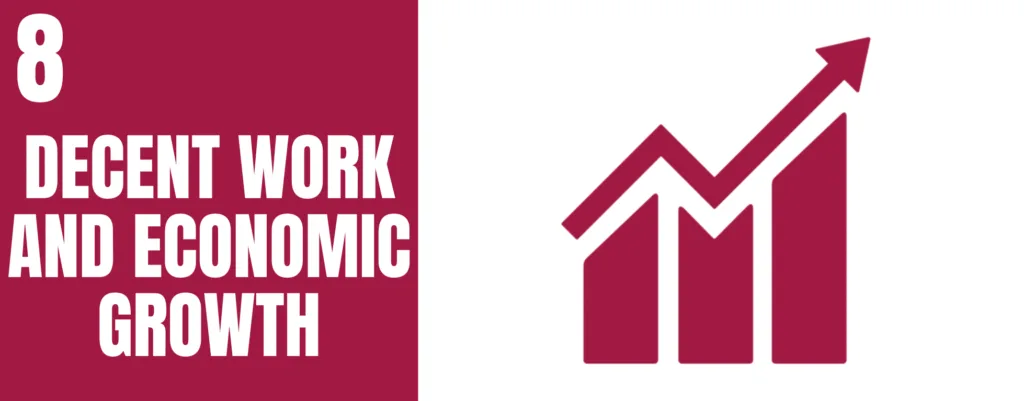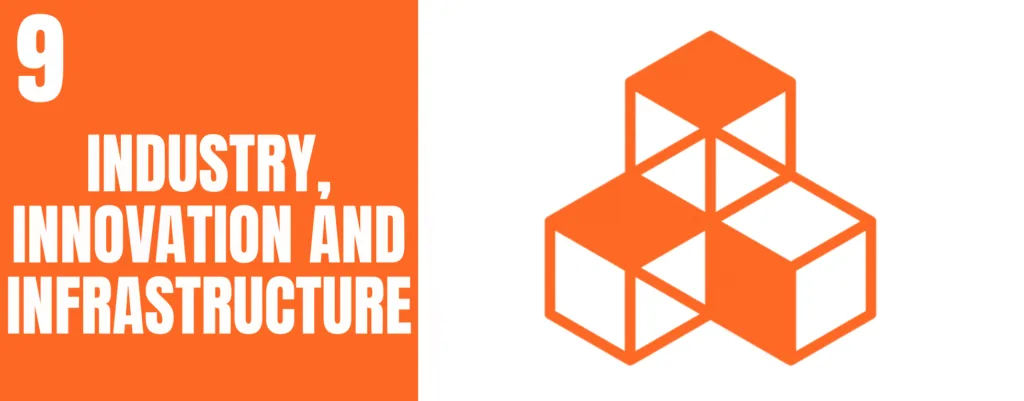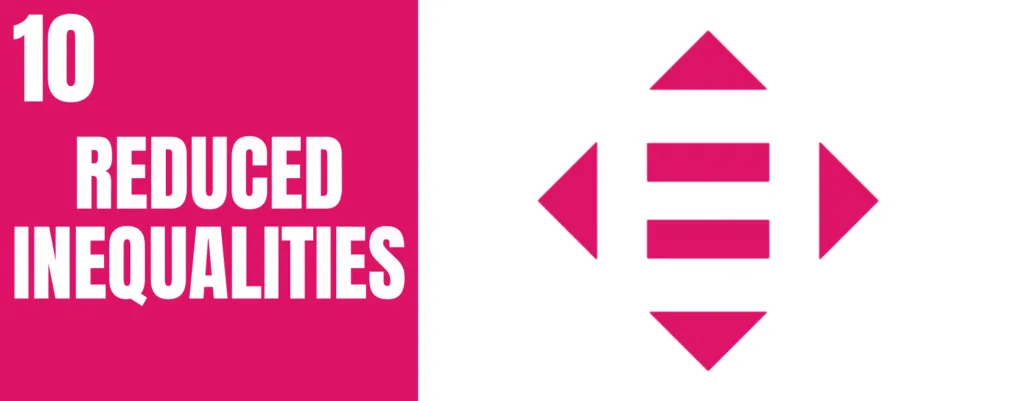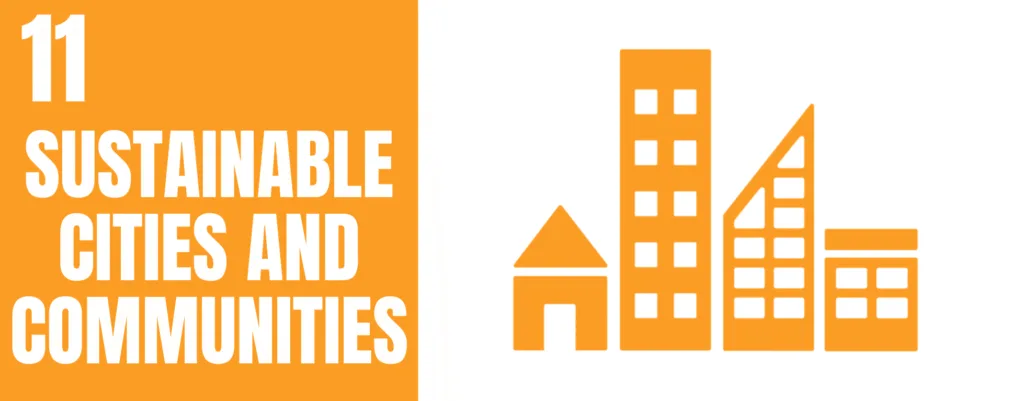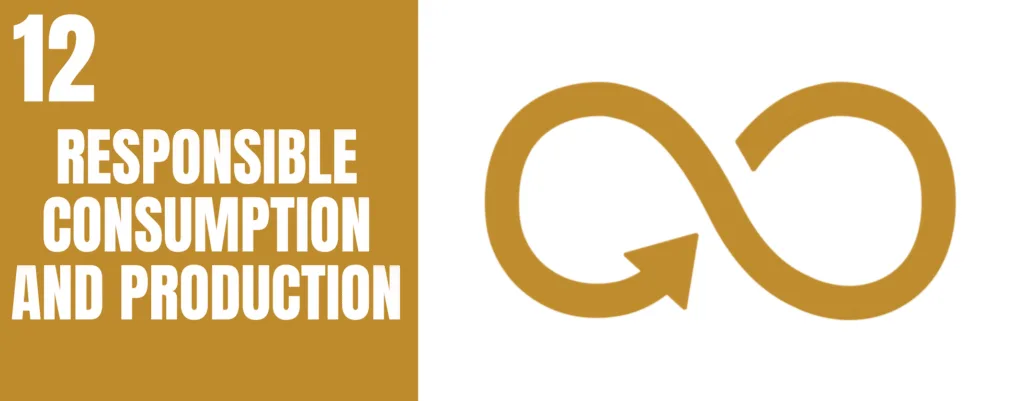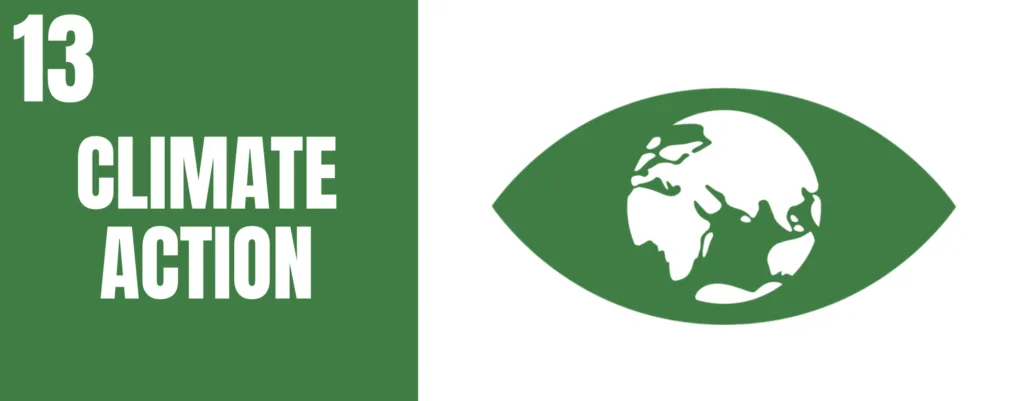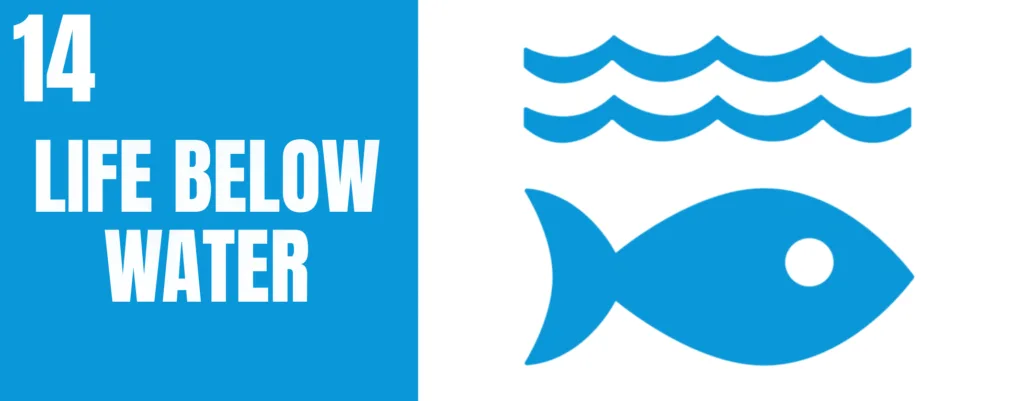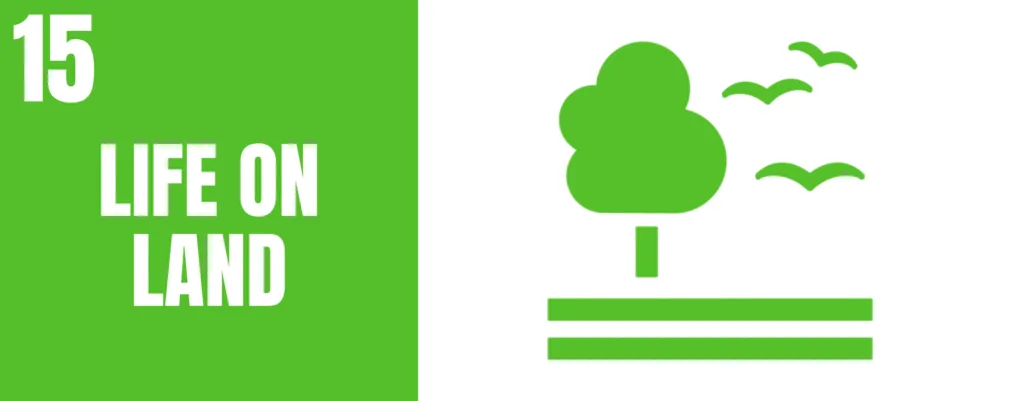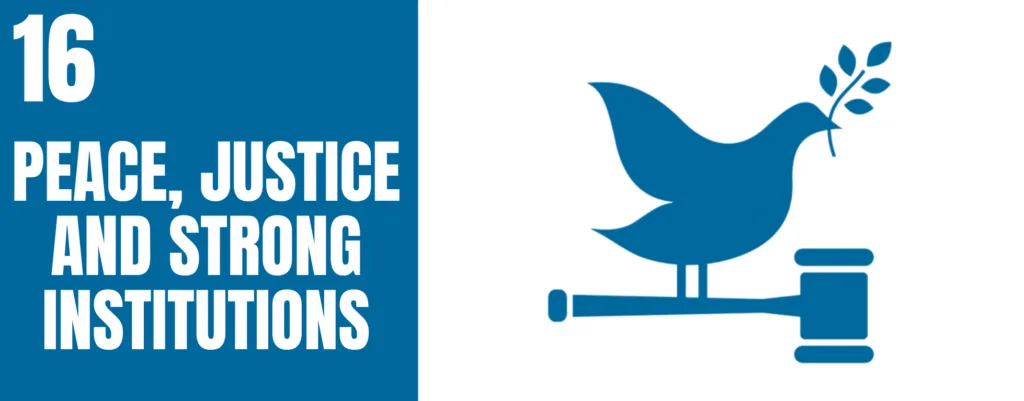SDG 7: AFFORDABLE AND CLEAN ENERGY
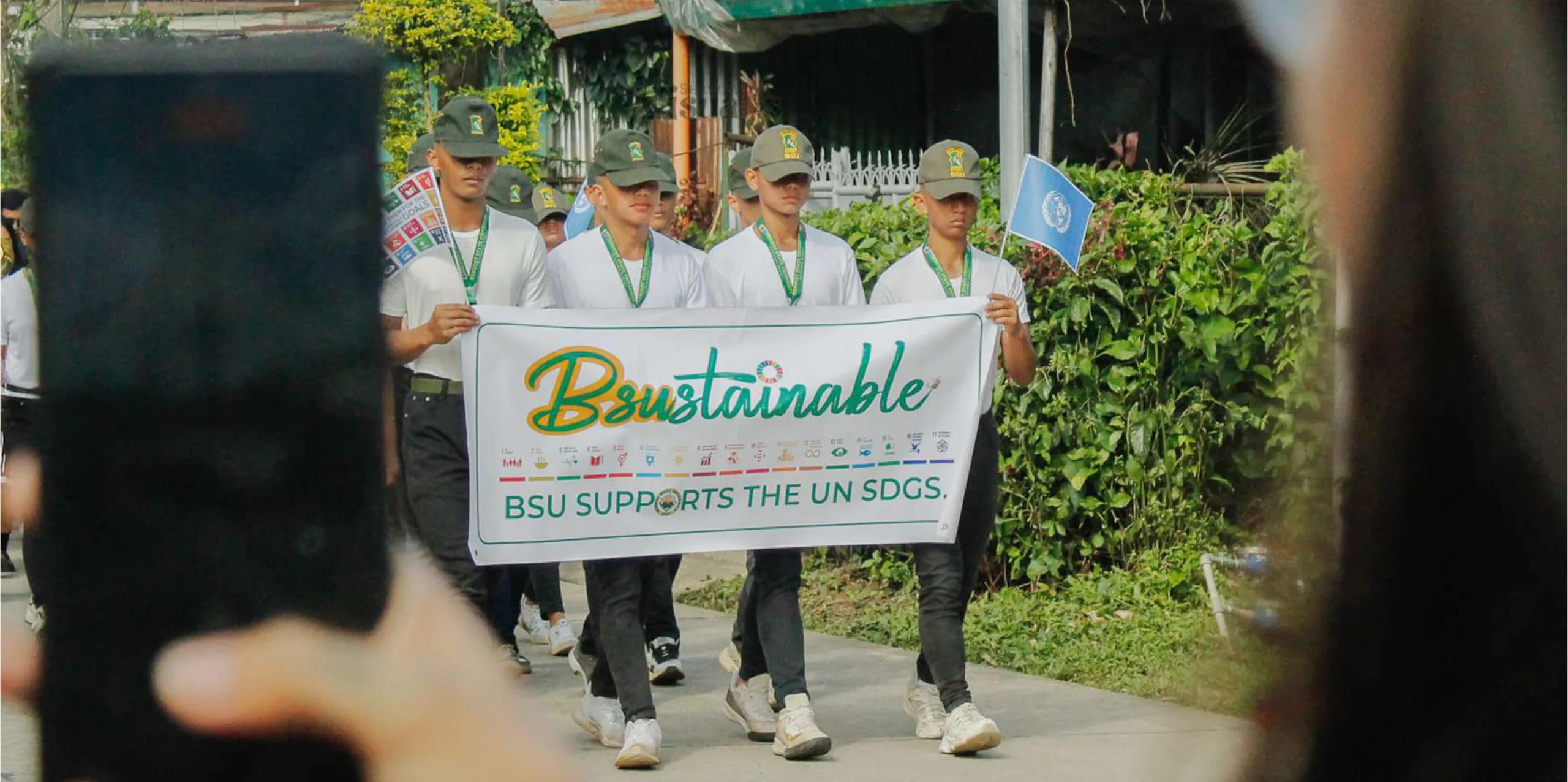
Benguet State University advances research on sustainable energy and environmental systems through its Climate Action Program and Center for Geoinformatics. Studies such as the “Landslide Susceptibility Analysis of La Trinidad, Benguet Using Logistic Regression” integrate geospatial analysis and environmental modeling, demonstrating BSU’s research capacity in data-driven sustainability and energy-efficient land use. Collaborative projects on carbon stock assessment and low-carbon systems with partner industries further contribute to the university’s research citations and visibility under the clean energy domain.
University Measures Towards Affordable and Clean Energy
Energy-Efficient Renovation and Building
Under the Land Use Development and Infrastructure Plan (LUDIP) 2023–2032, BSU ensures all campus facilities comply with sustainable design and energy-efficiency standards. New constructions and retrofits incorporate natural lighting, passive ventilation, and solar technologies in accordance with the Philippine Green Building Code. The installation of solar panels at the University Library exemplifies BSU’s operational commitment to energy-efficient infrastructure.
Upgrade Buildings to Higher Energy Efficiency
The university continues to upgrade older structures to enhance energy efficiency by installing inverter-type systems, LED lighting, and energy-saving devices. These upgrades are guided by Administrative Memorandum No. 010, s. 2018 on Energy Conservation, which institutionalizes responsible energy management across all campuses.
Carbon Reduction and Emission Reduction Process
BSU’s Climate Action Plan (2024 update) systematically monitors and reduces greenhouse gas emissions through data-driven policies. The university reduced total operational emissions from 1,306 metric tons CO₂ in 2023 to 1,031 metric tons in 2025, primarily by optimizing electricity consumption and promoting low-carbon mobility. The integration of carbon sink enhancement through reforestation and campus forestry initiatives further offsets institutional emissions.
Plan to Reduce Energy Consumption
An Energy Conservation and Efficiency Framework is implemented to progressively reduce overall campus energy use. Through continuous monitoring, renewable sourcing, and awareness programs, BSU achieved a 54.65% share of low-carbon electricity in total energy consumption by 2024.
Energy Use Density
Energy Usage per sqm
The total energy use of BSU in 2024 was equivalent to approximately 1,045,000 kWh, distributed over a campus area of 6.6 million m².
Energy and the Community
Local Community Outreach for Energy Efficiency
Through the Center for Geoinformatics and Extension Programs, BSU trains local communities, faculty, and students on GIS-based environmental management, climate adaptation, and renewable energy applications. These capacity-building initiatives strengthen local knowledge on sustainability and energy efficiency.
100% Renewable Energy Pledge
BSU’s Climate Action Plan affirms its long-term target of achieving a carbon-neutral campus by 2035, aligned with the Philippine Energy Efficiency and Conservation Roadmap and national renewable energy transition goals.
Energy Efficiency Services for Industry
Research collaborations with Northern Cement Corporation and partner NGOs support carbon stock monitoring and energy-efficiency diagnostics for industrial operations, helping local sectors adopt low-carbon technologies and sustainable practices.
Policy Development for Clean Energy Technology
BSU experts contribute to regional policy discussions and provide technical inputs for local government planning on sustainable land use, clean energy integration, and carbon management through the CAR Regional Development Council.
Low-Carbon Energy Use
Benguet State University continues to expand its solar energy generation capacity, with solar-powered facilities now serving academic and administrative buildings. In 2024, more than half of total energy consumption (54.65%) came from low-carbon electricity sources, marking significant advancement in campus decarbonization. The university also integrates tree planting and reforestation programs into its carbon offset strategy, reinforcing its dual approach of energy transition and natural carbon capture.
Benguet State University demonstrates comprehensive alignment with SDG 7 indicators through its integration of renewable energy systems, data-based carbon management, GIS-enabled environmental analysis, and sustainable building design. The synergy between research, operations, and community engagement positions BSU as a regional model for affordable and clean energy innovation within higher education.

